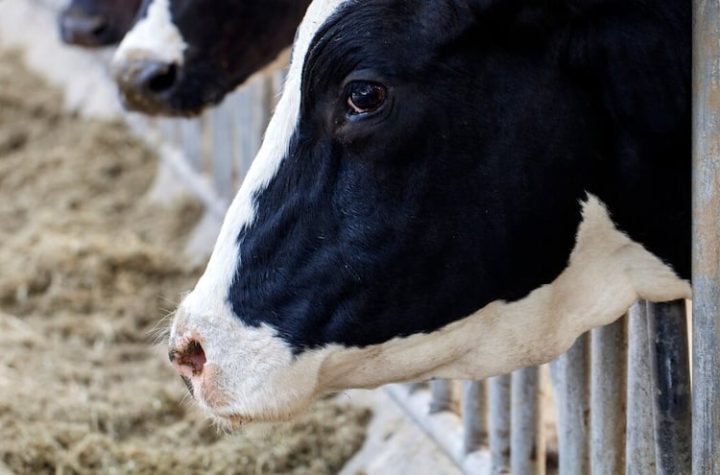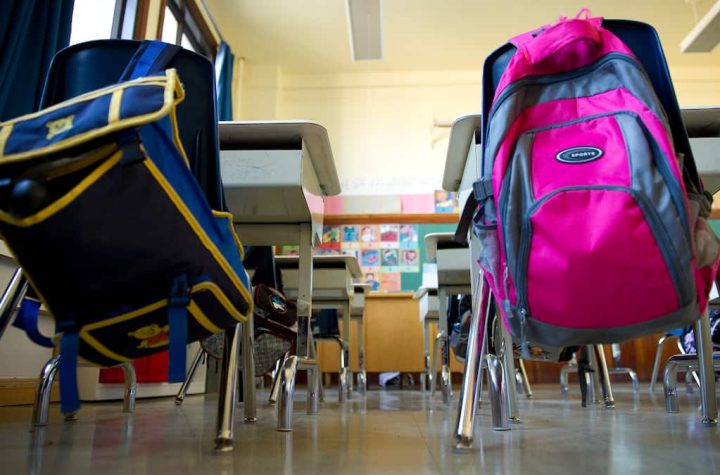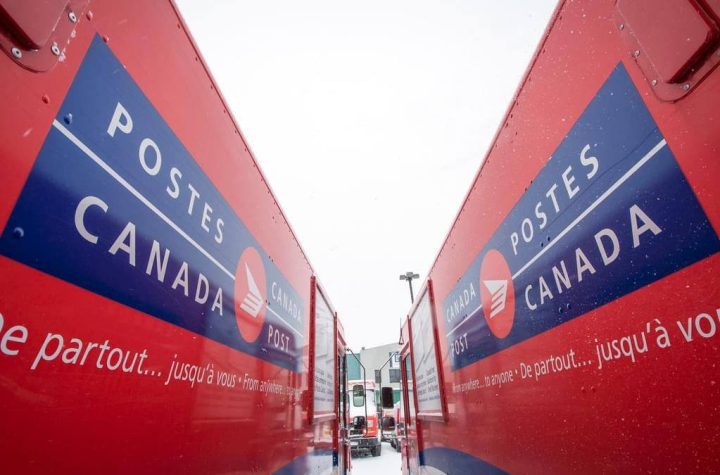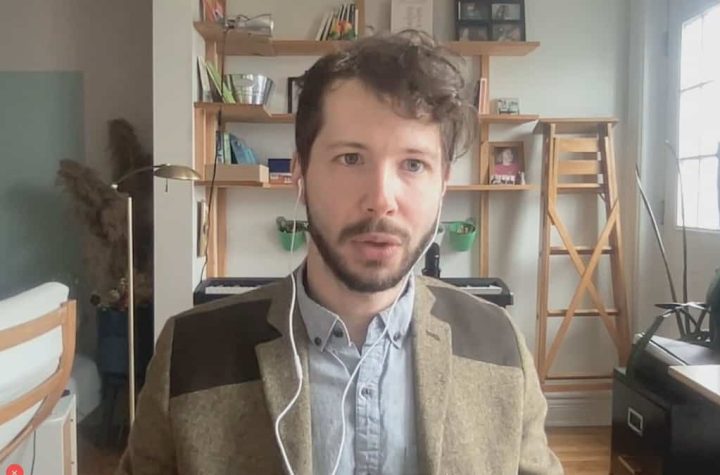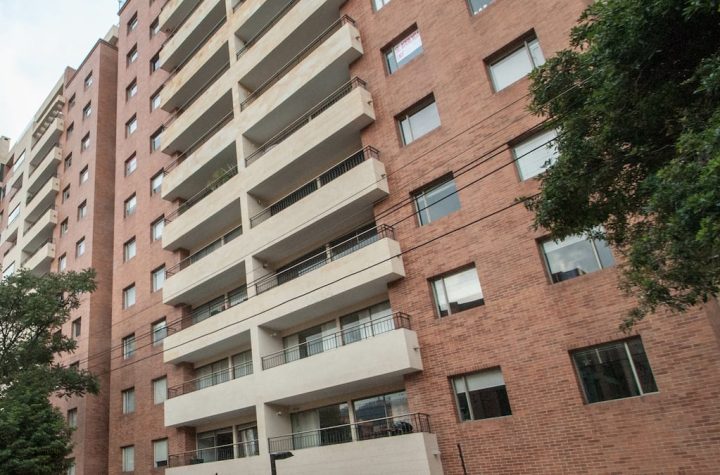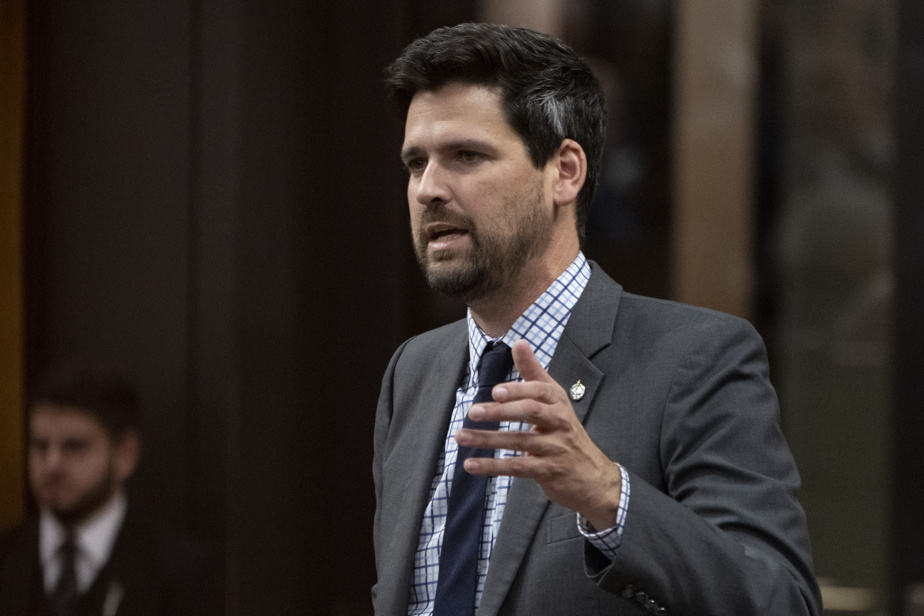
(OTTAWA) Federal Immigration Minister Sean Fraser says it is “necessary” to increase the number of French-speaking immigrants coming to settle in Canada. While the Trudeau government set a goal of welcoming 500,000 immigrants a year starting in 2025, it was, according to him, the maintenance of “social cohesion” in the country.
Mr. Legault responded to the government’s request to revise the target of 4.4% of French-speaking immigrants settled outside Quebec to combat the decline of French in the country. Fraser responds favorably. The Federation of Francophone and Acadian Communities (FCFA) is also calling for a more ambitious goal.
But before announcing the new targets, Minister Fraser wanted to give himself the tools to meet those for 2022 and 2023. In particular, the federal government has not succeeded in meeting francophone immigration goals.
“I want to increase the number of newcomers who speak French outside of Quebec. It is important to protect and promote the French language and French culture. It is part of the Canadian identity. This is also essential if we want to continue to increase the number of newcomers in general. This is a good thing for our country. But it will be impossible to maintain social cohesion if I don’t also increase the number of newcomers who speak French,” Minister Fraser said.
After testifying for more than an hour before the House of Commons’ official languages committee, the minister, who answered questions from journalists in very passable French, said she wants to work with Quebec and other provinces to support francophone immigration.
After consulting the francophone communities in the country, Mr. Fraser said. If the trend continues, he said, the federal government could exceed its Francophone immigration target this year.
“I have to prove that we can successfully reach the 4.4% target this year. But I am confident that we will welcome more than 4.4% next year and it will continue to grow thereafter,” he said.
Starting in the spring of 2023, Ottawa will add to the “Express Entry” system, which allows skilled workers to immigrate to Canada sooner, with additional points for French-speaking applicants and those who can speak French. . “It gives me short-term flexibility to further increase the number of French speakers,” he said.
He explained that Ottawa relies exclusively on the office in Yaounde, Cameroon, to encourage francophone immigration from Central and West Africa. At home, the Trudeau government recently opened a new Francophone Immigration Innovation Center in Dieppe, New Brunswick, which will contribute to “necessary efforts to maintain and grow the population of Francophone communities in Atlantic Canada and across the board.”
“Moral Responsibility”
In an interview with Press, on Friday, the Quebec minister responsible for Canadian Relations and Canadian Francophonie, Jean-François Roberge, said he found the federal government’s current goal for Francophone immigration to be completely inadequate. He invited Ottawa to redo its homework, setting a “repair threshold” of 12% to 20% of French-speaking immigrants to make up for delays in previous years.
“The 4% target is too low. It has been very low for a long time. And on top of that, the federal government is failing to hit the low target. That means there has been a delay for years. He has a moral responsibility to hold,” said Mr Roberge.
No one is satisfied with meeting the 4% target. Quebec will not be satisfied if the federal government does not meet its sufficient target. This is a bad goal. Hitting the wrong target still fails.
Jean-Francois Roberge, Minister responsible for Canadian Relations and Canadian Francophonie
In front of journalists, Mr. Fraser presented himself as an ally of the Quebec government and francophone communities in the minority context, asserting that French was one of the important characteristics that distinguished Canada from other countries, especially the United States.
“I am an English speaker. When I entered politics [en 2015], I don’t speak French. But in my childhood, I was very proud that Canada was a bilingual country. With our two official languages, we are different from other countries in North America. And I love the Montreal Canadiens. Our diversity is our nation’s strength. It is an economic benefit. It’s a social good,” he said.


